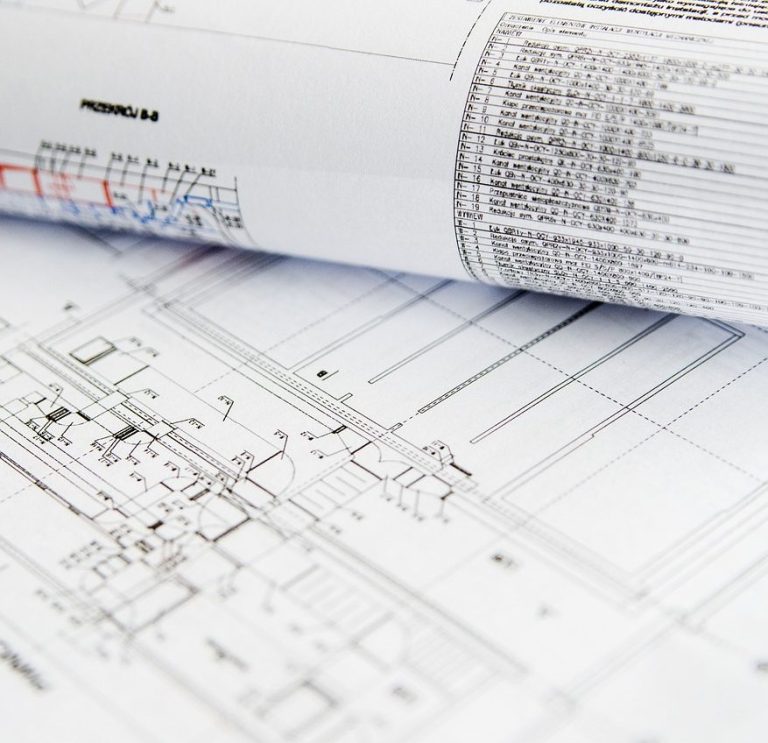SERVICES
Full Scope of Services
A Furniture Manager plays a pivotal role in several areas, including:
Understanding Client Needs: Engage in dialogue with key stakeholders—such as the project team, architectural firm, finance and procurement departments—to fully grasp the client’s needs.
Space Planning: Collaborate with stakeholders to design layouts that maximize space, functionality, and visual appeal. Validate plans against real-world site conditions and construction constraints.
Furniture Selection: Assist in identifying the right types of furniture that align with the client’s functional, aesthetic, and budgetary requirements. Vendor Selection & Vetting: Conduct due diligence in vetting qualified vendors and suppliers to ensure they meet quality standards, project timelines, and budget requirements.
Bid Analysis & Recommendations: Receive and evaluate bids, level them for comparison, and make informed recommendations to the client regarding their viability.
Negotiation & Contracting: Negotiate terms, conditions, and pricing on behalf of the client, ensuring favorable agreements.
Procurement Management: Handle the entire procurement process—issuing RFIs, RFQs, and RFPs to ensure comprehensive coverage of the project’s scope, schedule, and budget.
Order Management: Issue purchase orders, monitor progress payments, and track orders to ensure specifications, quantities, pricing, and delivery timelines are met.
Installation Oversight: Manage delivery and installation schedules, ensuring site readiness and access, while overseeing proper placement and installation of furniture.
On-Site Monitoring: Ensure accurate accounting of delivered items, correct product placement, and overall process efficiency.
Cost Accounting & Reporting: Provide ongoing financial reporting to ensure timely payments and accurate tracking of project costs.
Punch List Maintenance: Manage continual punch list reviews throughout the installation process to minimize outstanding issues.
Project Closeout: Deliver comprehensive project closeout documents that include costs, payments, warranties, maintenance guidelines, and details for potential reuse or liquidation of assets.
Partnering with Epernay Design ensures that your furniture management process is handled efficiently, cost-effectively, and in alignment with your company’s long-term growth goals.

PLANNING YOU NEED
with the support you want.
We need your consent to load the translations
We use a third-party service to translate the website content that may collect data about your activity. Please review the details in the privacy policy and accept the service to view the translations.

